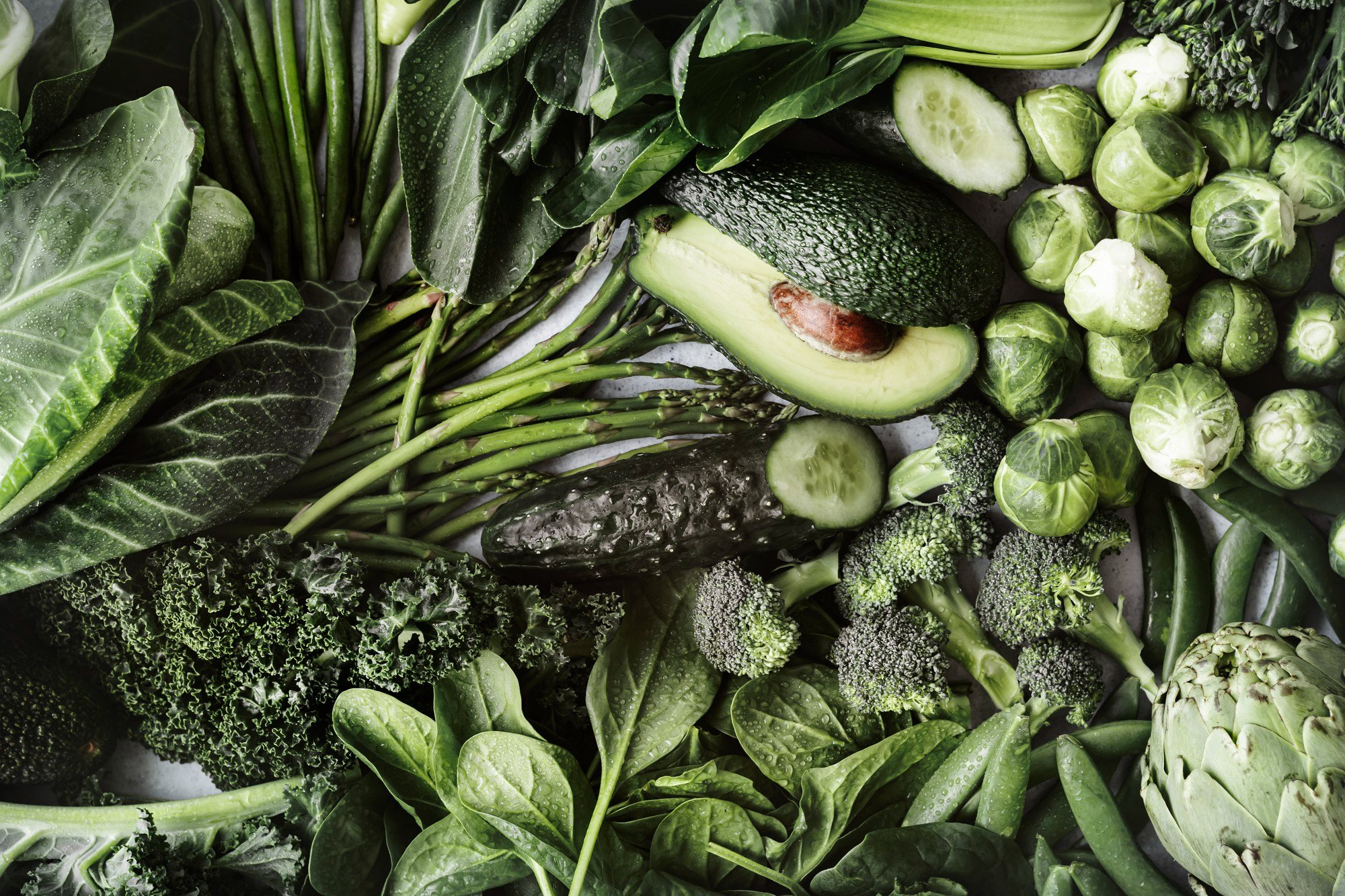
China Vegan Food Standard
Vegan Certification
A vegan certification tailored for the Chinese market
The China Vegan Food Certification (CVFC) aims to standardize vegan claims within the Chinese market, increase transparency, and nudge consumers and food producers toward animal-free choices. It is also the world's first vegan certification program to include a subcategory for vegan foods free from garlic and onions, which the region’s many religious vegans avoid.
Certification across three categories
-

Agricultural production
Vegan certification for unprocessed raw ingredients
-

Manufacturing & processing
Vegan certification for factory-prepared foods, from staples and snacks to seasonings, health foods, and even pet foods
-

Restaurant & Retail
Vegan certification for foods that are produced in restaurants and food service establishments
An inclusive vegan standard
There may be as many as 50 million vegetarians and vegans in China. Surveys show up to half of them are vegetarian/vegan for religious reasons. Religious vegans often follow a "purifying" diet free from the "five pungent vegetables"—garlic, onions, leeks, scallions, and asafetida. To better serve the Chinese vegan community, we offer two vegan certifications: one for products that meet vegan standards, and another for products that meet vegan standards and are "five-pungents free". This certification indicates that a product is appropriate for all vegans in China, not only secular vegans.


“‘Vegan food’ refers to food products that are made from only the seeds, fruits, or other parts of plants; that are intended for human consumption directly or after processing; and that do not involve any animal-based or animal-derived substances at any point in the production process.”
— China Vegan Food Standards (T/CGDF 30—2022)
About the China Vegan
Food Standard
In 2021, the China Vegan Society launched a committee with the China Biodiversity Conservation and Green Development Foundation (CBCGDF) Biological and Scientific Ethics Committee, the Beijing Soybean Products Association, and a group of industry stakeholders to develop China’s first official standards for vegan products.
In 2022, the committee finalized and released the official China Vegan Food Standards (T/CGDF 00030-2022), which outlines 100% animal-free production standards for a comprehensive list of food categories, including soy and grain products, plant-based dairy and meat alternatives, nut products, frozen products, snack foods, beverages, seasonings, edible oils, pet foods, and more.
Developed with industry experts
About the certification
-
Our vegan certification is being launched in two stages. The food certification is stage one, and is currently accepting applications. The certification for non-food products is stage two, and the standards for these more complex non-food product categories are still being developed. Please subscribe to our email list or follow us on Facebook and Twitter for updates.
-
Like other vegan food standards, the China Vegan Food Standard certifies that no animal-derived or animal-tested products are used at any stage of a product’s value chain. Unlike other vegan food standards, the China Vegan Food Standard includes a special “Buddhist vegan” subcategory, which certifies that the product is not only vegan, it also contains no garlic, onions, leeks, scallions, or asafoetida—the “five pungent vegetables”. This is because a majority of China’s vegans are also Buddhist, and Buddhist doctrine discourages the consumption of pungent vegetables.
About the application process
-
Any registered company with products that are a part of the defined value chain and have a registered company or contracted wholesaler in China can apply for the China Vegan Food Standard.
-
The certification fee depends on how many categories and products you apply to certify. If you would like a quote, please contact us and fill in the certification inquiry form.
-
It normally takes about three months to complete the evaluation and certification process, but the time may vary depending on the complexity of the product.
-
No, the certification and license to use the China Vegan Food Standard logo are valid for three years after approval registration. After the certification expires, you must reapply to continue using the China Vegan Food Standard certification label on your products. You must also recertify your products after changing the recipe or processing procedure.
-
No. You will to go through the official China Vegan Standard certification process to receive our certification.
-
After obtaining certification, you can print the China Vegan Food Standard logo on the packaging and marketing materials of any product which has passed the certification process. You can also display it at events where you promote any products that have obtained the certification.












